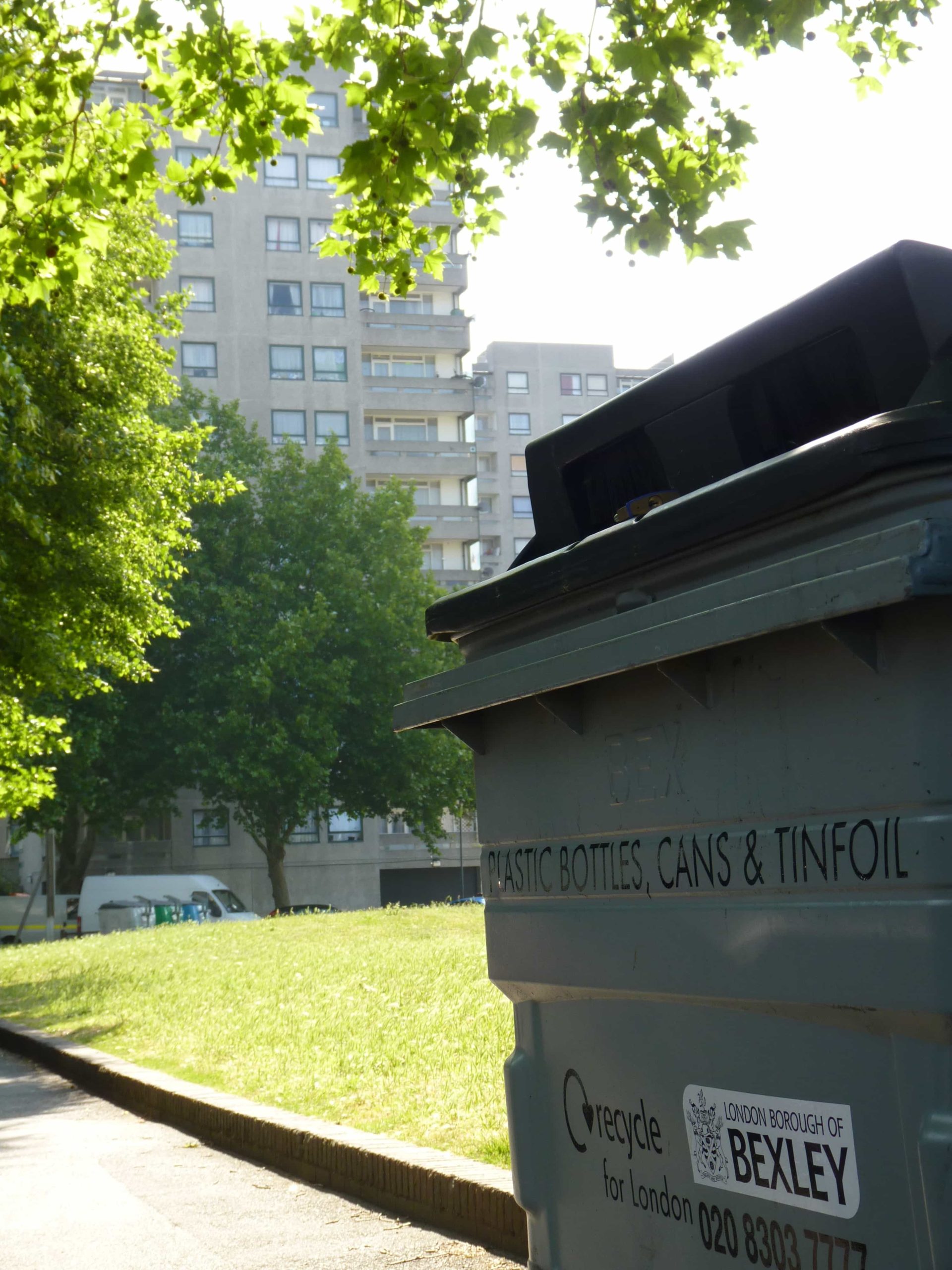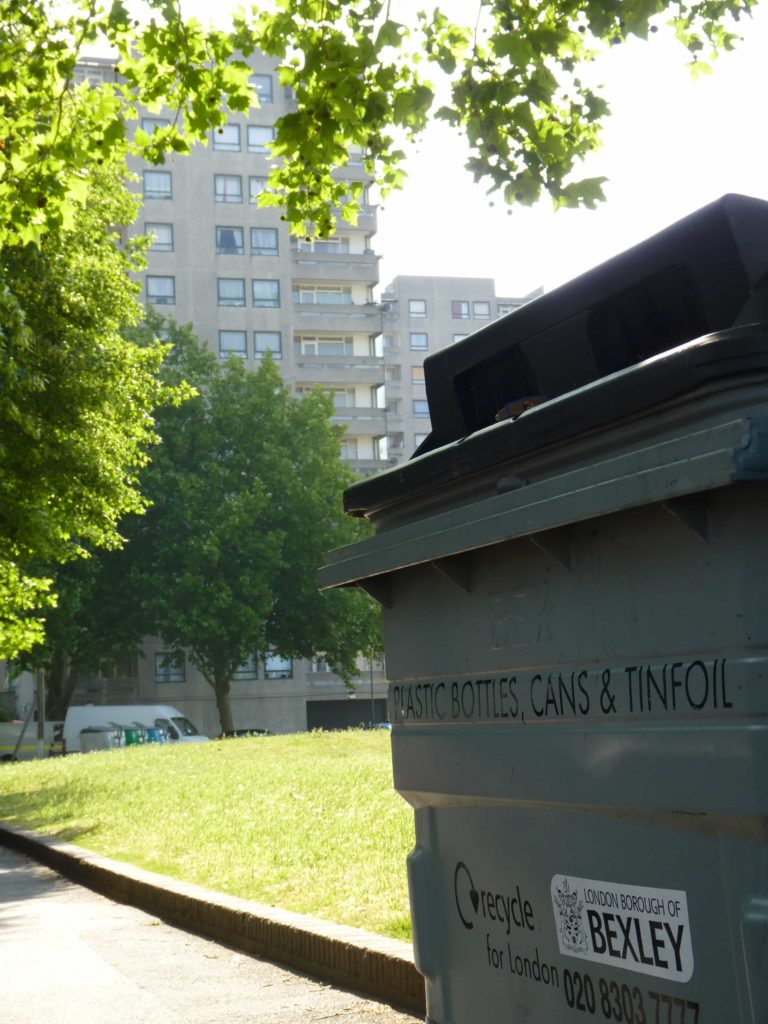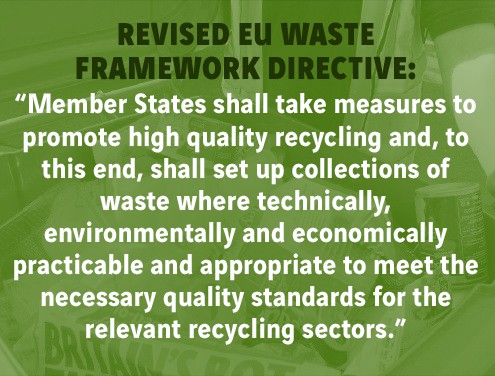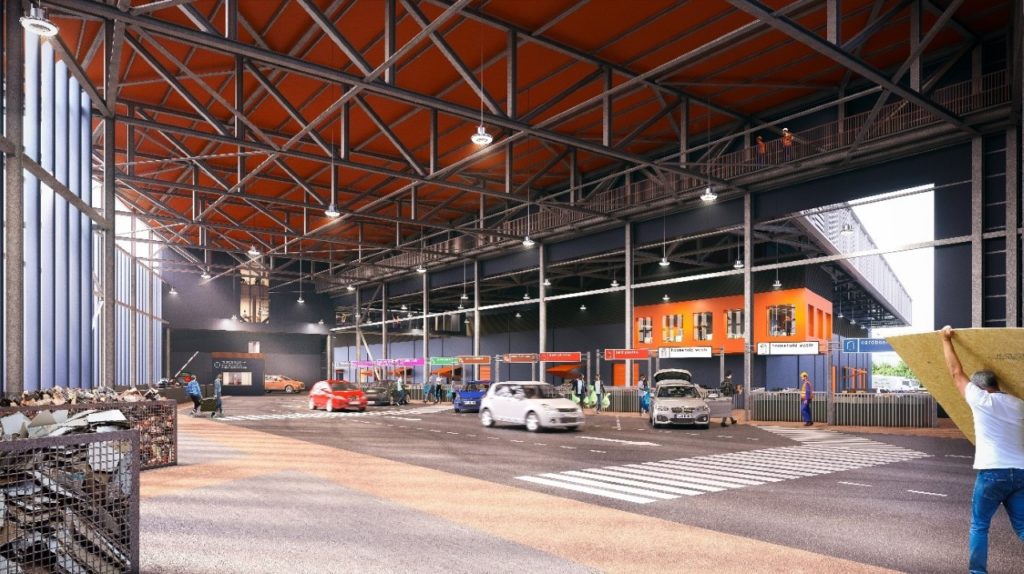Brentwood, Wallsall, Dacorum, Rother, Epping Forest and the London borough of Bexley are among the local authorities to have so far confirmed that their collection methods adhere to the upcoming Waste (England and Wales) Regulations.

After January 1, councils will be required to carry out separate collections of at least paper, glass, metal and plastic unless it is not technically, environmentally or economically practicable (TEEP) for them to do so or necessary to encourage ‘high quality recycling’.
Councils are also required to have ‘robust’ evidence to demonstrate that their collection method meets the requirements of the regulations – and some have reassessed their position based on WRAP’s Waste Regulations Route Map published in spring 2014.
Action
A number of authorities have been warned that they may face legal action from the environmental campaign group UK Recyclate, if it finds that they are in breach of the requirements, which it believes should force all councils to move to some form of source separate collections.
Many of the councils to have justified their existing collection arrangements have highlighted the cost implications of switching to a fully source-separated service as well as limited space for more recycling containers on the kerbside.
In its assessment, the London borough of Bexley ruled that it would continue to collect metal cans with plastic packaging and cartons due to lack of kerbside space, and also the impact of CO2 emissions and noise pollution on employing separate vehicles to collect each material separately.
Green waste
However, the council said it would ‘review the potential’ of collecting food waste and green waste separately, as it costs less to compost green waste alone than to process it with food waste – currently priced at £53.53 per tonne. The switch could save the council £440,000 per annum.
The council, whose recycling and waste collections are carried out by contractor Serco, collects recyclable material from the kerbside in three separate containers, separating glass, paper and plastic, cans and cartons.
In flats above shops, all dry recyclables including metals, glass, paper and plastics are collected in mixed bags. This system will remain in place as the council’s assessment identifies it would ‘cost more’ to provide extra bags for the separation of materials.
Brentwood
Meanwhile, a TEEP assessment carried out by consultancy White Young Green (WYG) on behalf of Brentwood borough council found it too met the regulation requirements. Brentwood currently collects commingled dry recyclables excluding glass in orange sacks on a weekly basis.
Glass is collected separately from the kerbside, with householders provided a red box with which to present the material.
The WYG assessment report concludes that Brentwood has considered the ‘quality and quantity’ of recycled material arising ‘most carefully’, and to change systems would over £400,000 per annum in revenue costs.
The report states: “Taking into account the higher level of recycling and the relative costs as noted above, it should be clear that the current system has been chosen by BBC because it would not be technicaly practicable, environmentally practicable and economically practicable to undertake separate collections of metal, paper and plastic.
“At this stage sign-off is required: the Route Map recommends sign off by both the service head and legal services. We recommend that this assessment should be formally approved by those officers and the appropriate council committee; and retained as a formal record.”
Walsall
And, in Walsall a report by the council’s neighbourhoods scrutiny and performance panel submitted to the cabinet last week (November 12), also ruled that its commingled collections adhered to TEEP.
The report read: “Currently Walsall do not carry out separate collections but collect mixed (commingled) materials at the kerbside in a 240 litre wheeled bin on a fortnightly basis. The Council has a contract until March 2016 with Casepak for the reprocessing of commingled recycling at their Material Recycling Facility (MRF) in Leicester. This is a state of the art facility, which opened in October 2011.
“Walsall has utilised the route map mentioned above to ensure that the authority is TEEP compliant by January 2015. Officers are satisfied that current arrangements will provide quality products that will satisfy TEEP requirements.”
Last month, Eunomia consultant Peter Jones warned councils that they should look at the benefits of the ‘whole collection method’ as some would have to revise those tests if circumstances change (see letsrecycle.com story).
[testimonial id = “97” align=”right”]
Review
And, Walsall council conceded it would have to review compliance with TEEP when changes to its waste services are implemented in 2015/16. These include procurement of a new municipal waste treatment, recycling and disposal contract, a proposed fortnightly collection service and plans to introduce a charge for green waste collections.
The council document adds: “The key risk is if the quality standard of commingled material is not high enough. The main factor affecting quality of recycling material is the level of contamination. It is important that contamination levels in materials sent for reprocessing are managed at an acceptable level.
“For these reasons continued education and encouragement with our residents and landlords may be necessary to control the risk of challenge. Potentially this could lead to the reintroduction of kerbside sorted collections.”










Subscribe for free